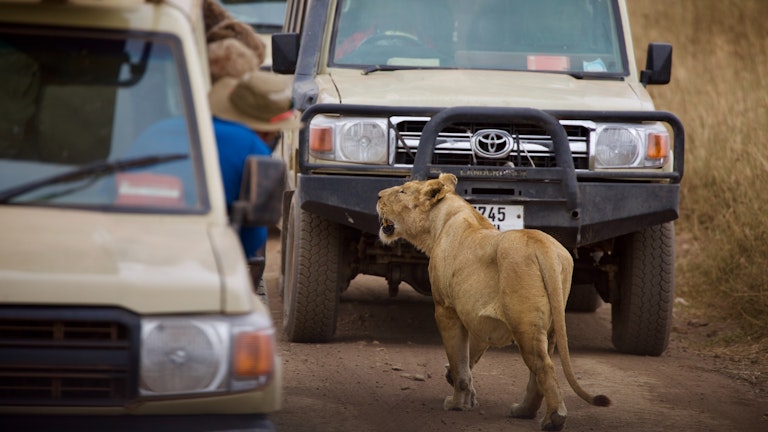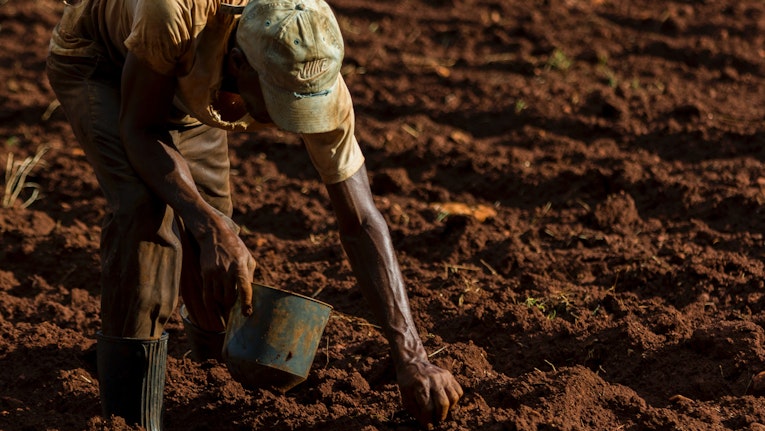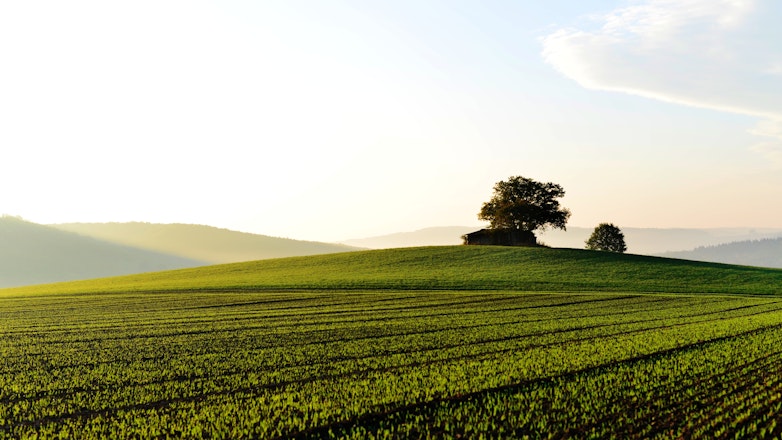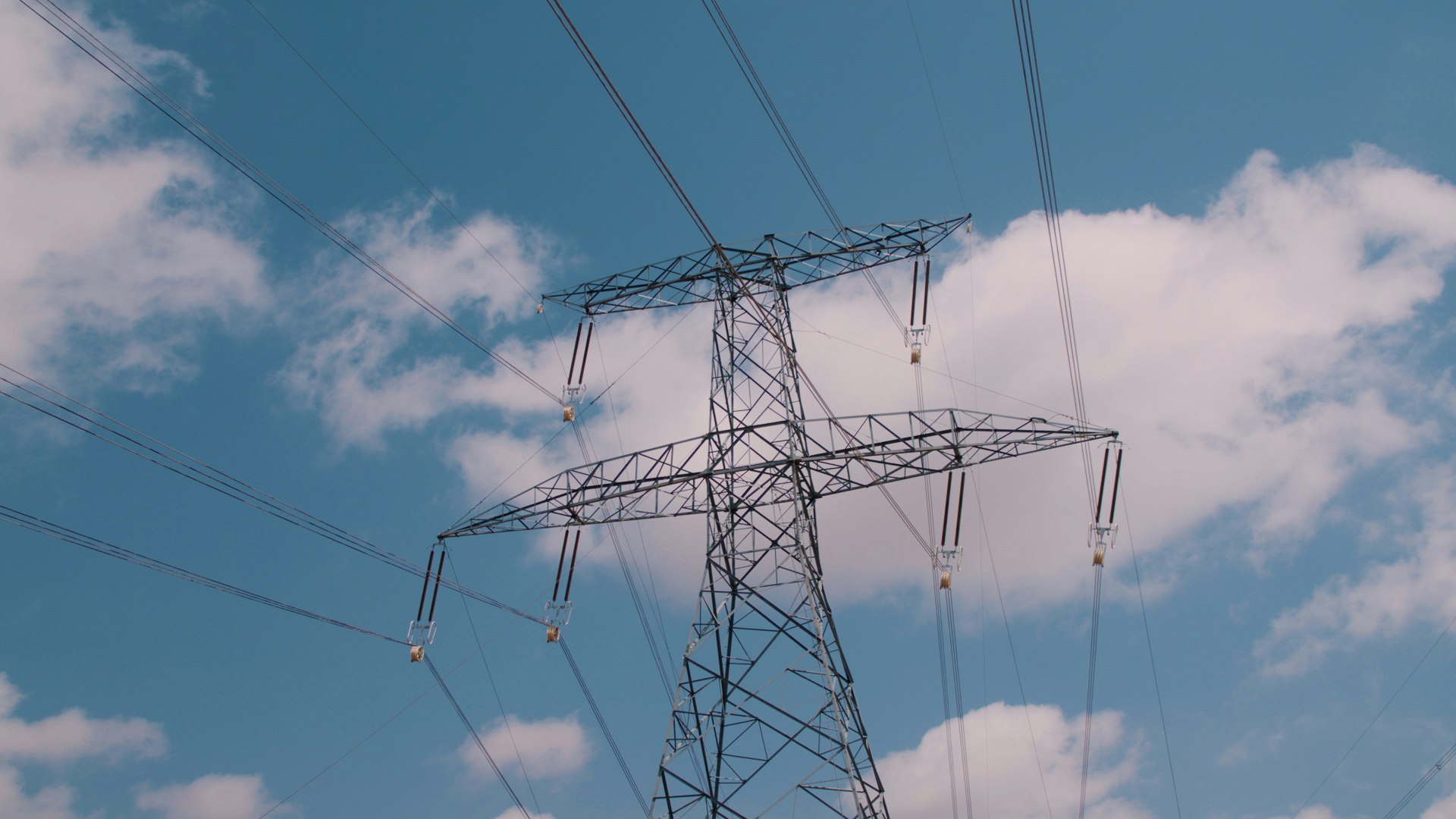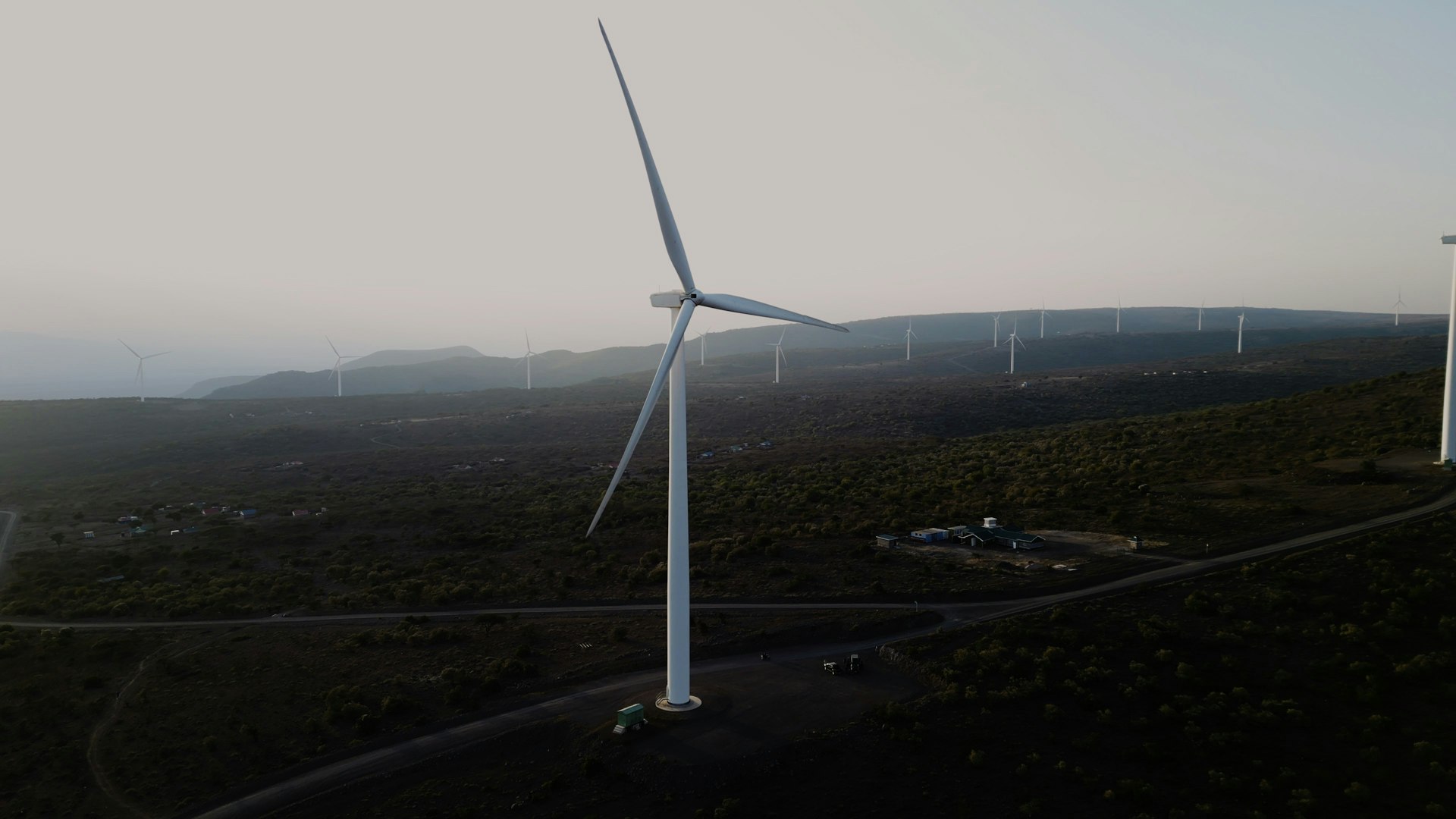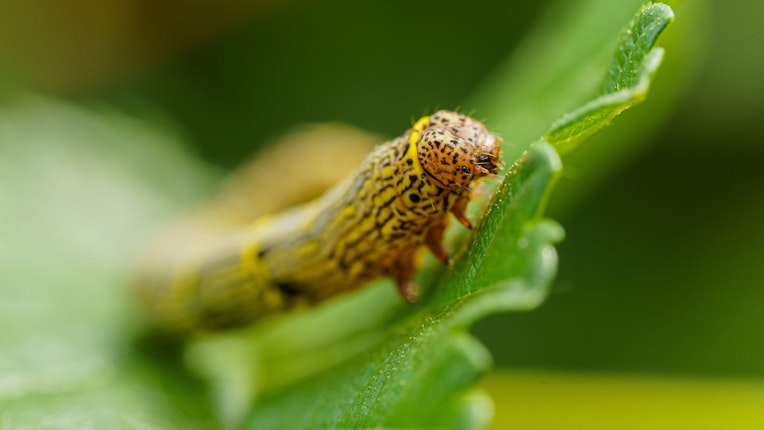Kenya’s Wildlife Tourism - Sharing the rewards of responsible conservation
29/11/2023
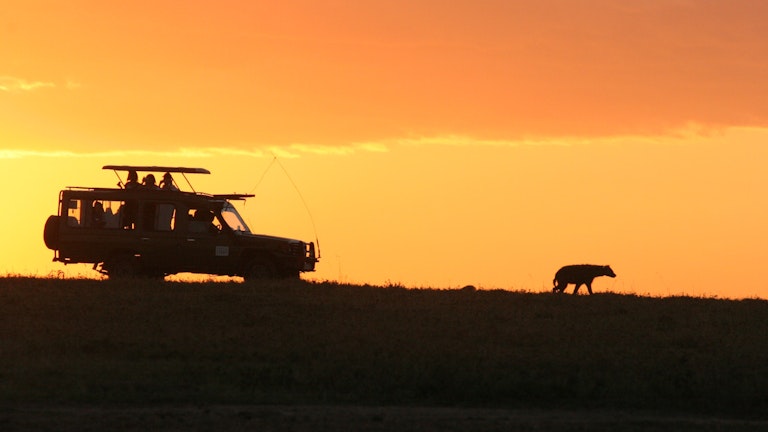
‘Wildlife needs habitat. Tourism needs wildlife. Communities benefit from tourism.’
Daniel Sopia, CEO, Maasai Mara Wildlife Conservancies.
With its broad plains, forests and mountains, home to a rich tapestry of migrating beasts, carnivores and birdlife, Kenya has always been regarded as the archetypal African wildlife destination. Each year, tourists visit in their millions, seeking to experience the country’s safari offerings.
Now there is a new drive to improve wildlife conservation by leasing land from local communities, and repaying them with a greater percentage of the tourism benefits.
The Profits of Protection
Kenya’s tourism industry is one of Africa’s largest, responsible for 14% of the nation’s GDP, and 1 in 10 of the official jobs. It’s also at the heart of a massive network of interconnected, skilled professions, from wine experts to transport pilots.
Eco-tourism has evolved to become a highly lucrative part of the tourism industry, and by making local communities more integral, the preservation of wildlife and culture becomes more integrated.
Bringing together the unique skills and knowledge of the local population, conservationists, and private tourism companies, sustainable wildlife tourism has struck an ideal balance, to benefit everyone, including the animals and their environment.
Lead by Locals
‘The Maasai own the conservancies. This is why we’re bringing them onboard’.
Dickson Ntika, Conservancy Manager and Maasai land owner.
The Maasai Masa is Kenya’s largest national park, divided into twelve conservancies. The local Maasai population have lived in these areas for generations, and now lease parts of the land to the tourism industry.
The Maasai’s thousands of years of local knowledge means they are best equipped to provide insights and expertise in how best to protect the land and its diverse fauna and flora. In return the locals are included in skills development and economic activity, including employment within the tourism industry, and improved access to education, electricity and sustainable community projects.
Making conservation everyone’s responsibility is paying off. Global investors recognise the strong returns sustainable wildlife tourism brings, and rural communities are now benefitting from the robust jobs, schools and infrastructure improvements taking place on their land as a result of these investments.
‘95% of the people who work for the company are locals.’
Jeremiah Mutisya, CEO Basecamp Explorer.
Park rangers, drivers, maintenance technicians, teachers, wine sommeliers. These are just a few of the estimated 1,000 jobs operating at the Maasai Masa National Park. All to keep the tourism industry sustained, and sustainable.
The impact that this more thoughtful approach has already made is encouraging.
The local ‘ecosystem’ is healthier than ever, with schools, medical facilities and energy access transformed. Arguably the biggest effect has been on the improvements to wildlife protection. Local guides are trained to protect the land they showcase to visitors. There are even strict laws on everything from sustainable building regulations to soil erosion (with the number of vehicles now limited to minimise impact).
‘Conservation should be with the local communities, because they know better, and that’s where the impact is being realised.’
Daniel Sopia, CEO, Maasai Mara Wildlife Conservancies.
Where wildlife meets livelihoods
Tourists in search of Africa’s famous safari experiences will continue to bring investment to the continent.
Safeguarding these irreplaceable living attractions has been a priority for many governments across the continent, but often at the detriment to rural communities and the surrounding ecosystems.
Just like any other precious economic resource, Kenya’s wildlife needs to be protected, with strict rules, meaningful conservation efforts and continued investment.
The new sustainable wildlife initiatives look set to improve this delicate balance between ecosystems and local economies for years to come.
